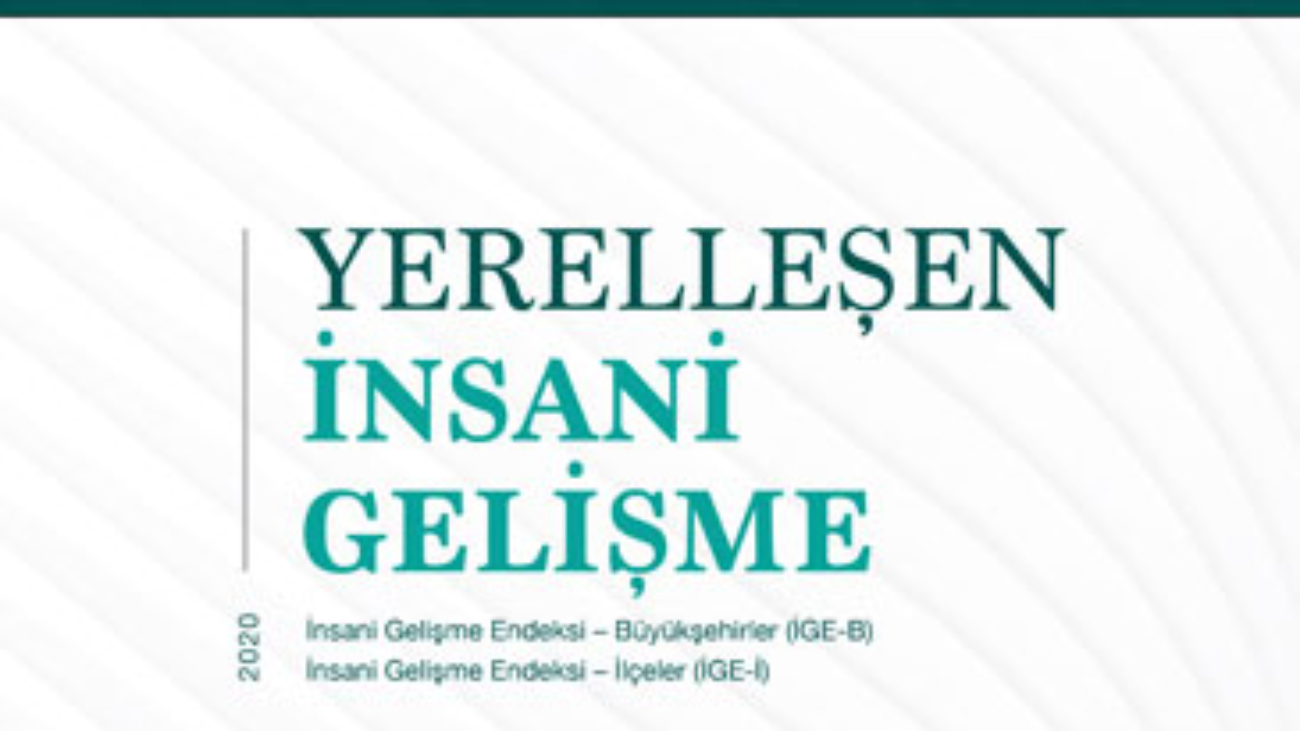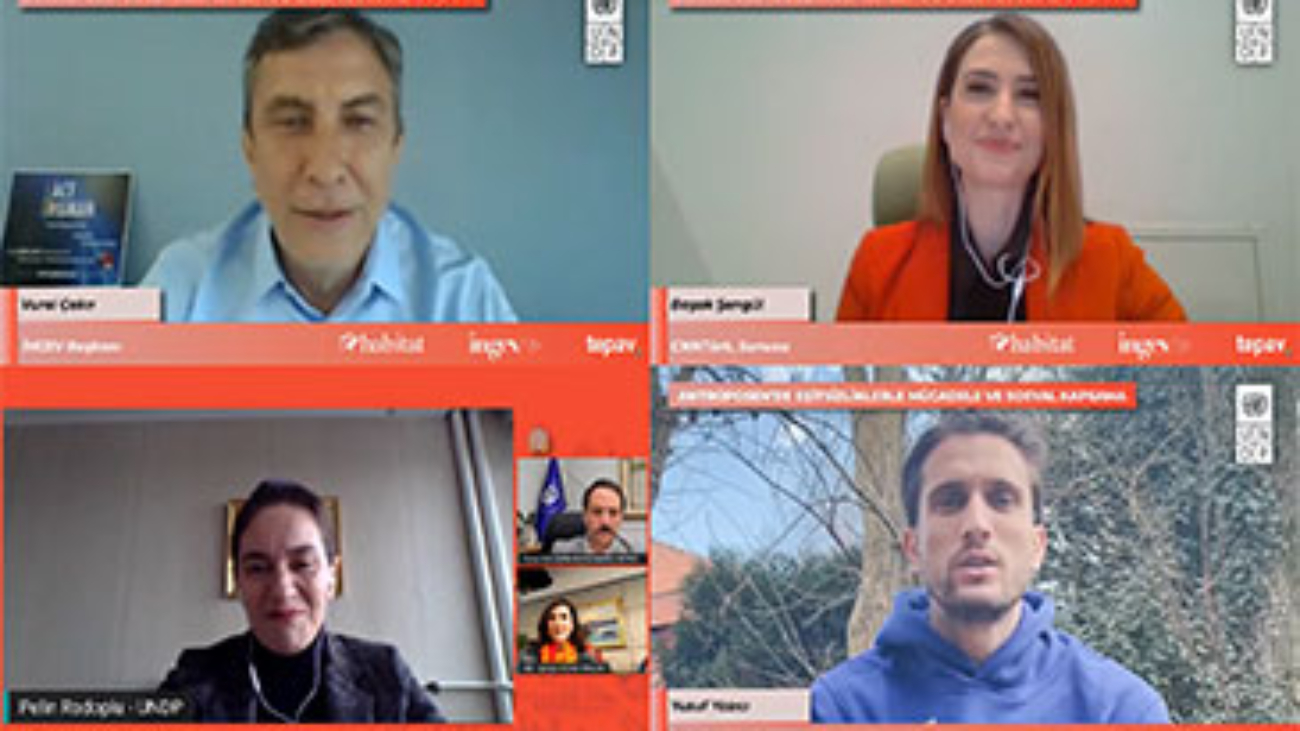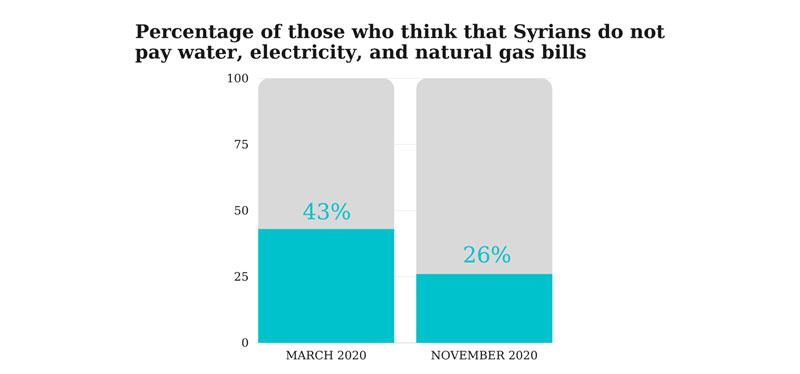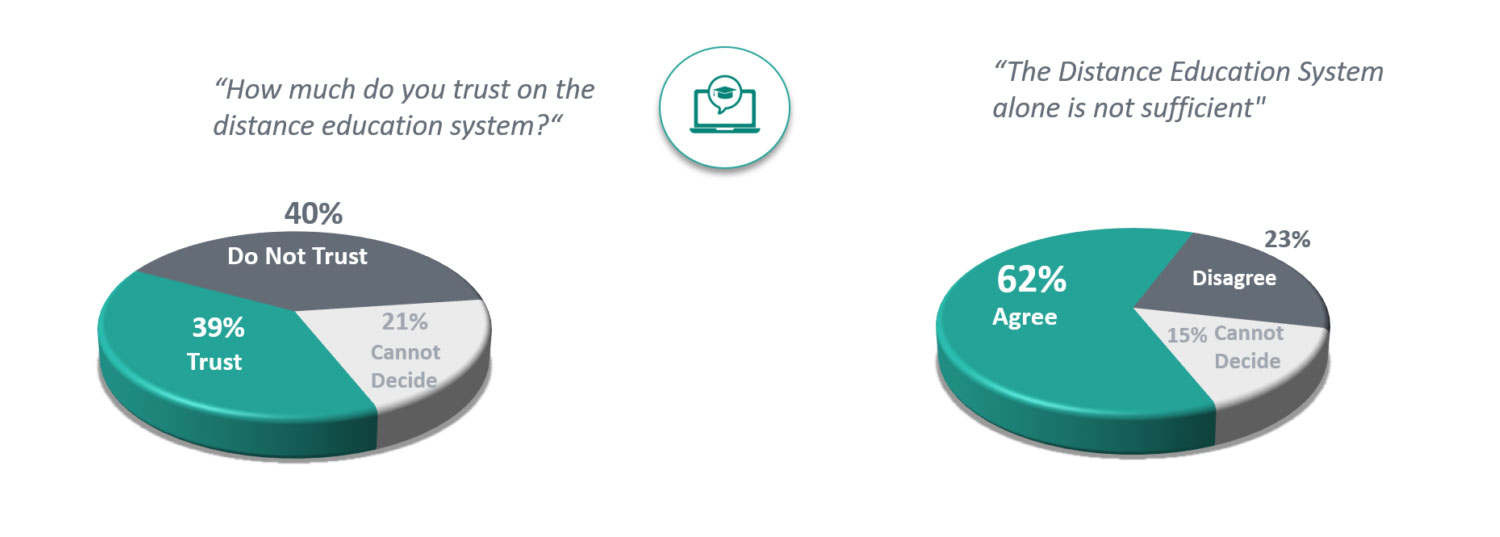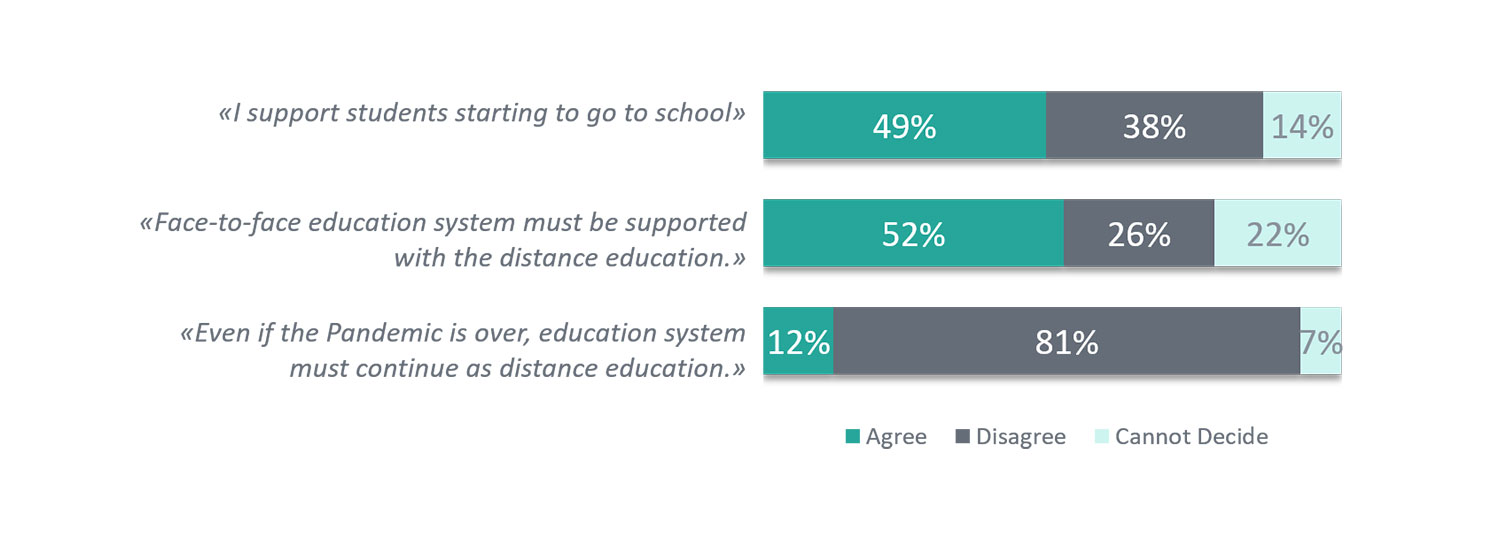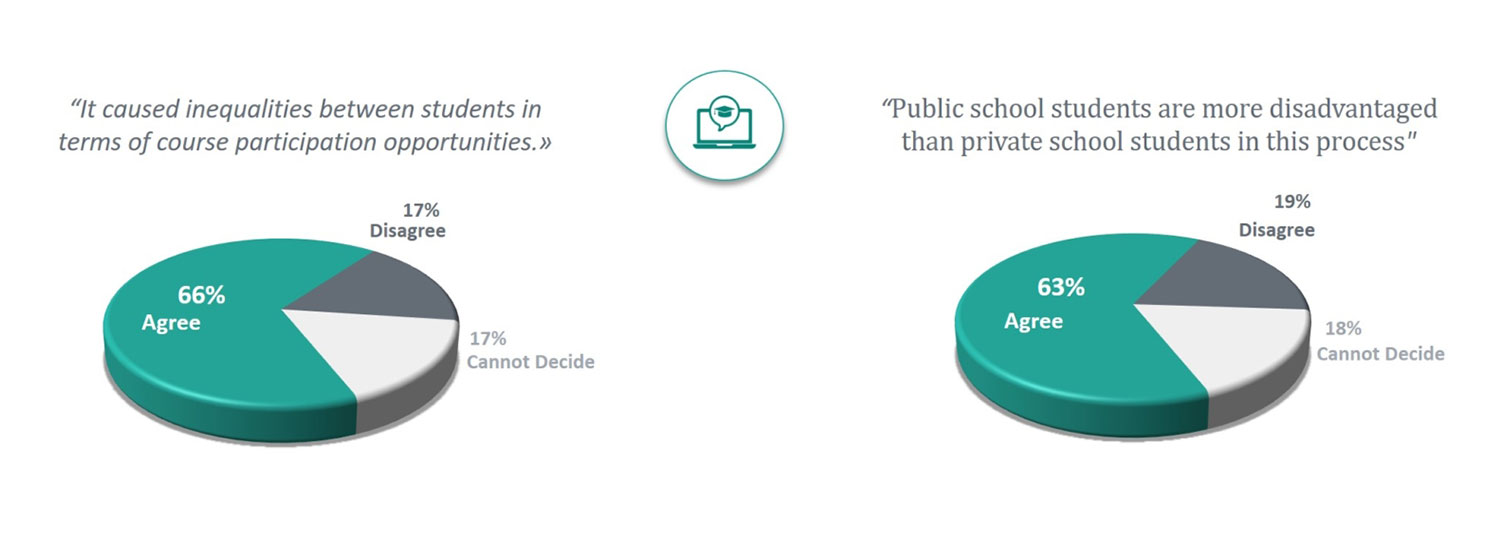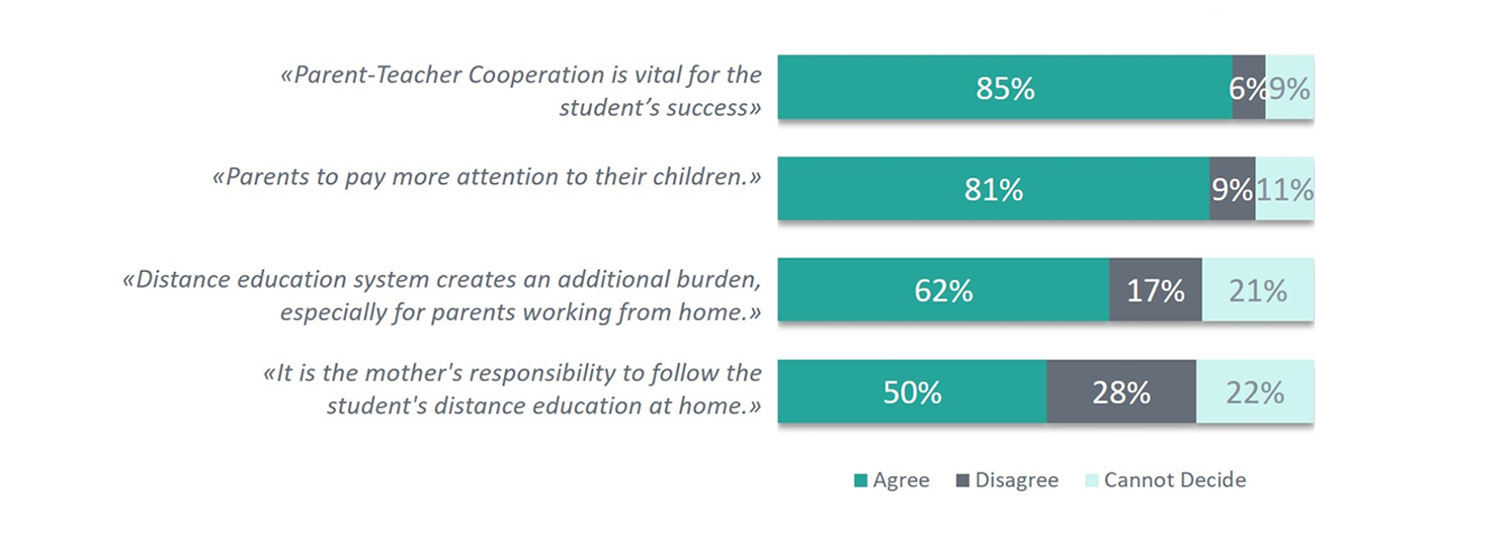The results of the 2020 Human Development Index-Metropolitan (HDM-M) report have been announced by INGEV. The conference commemorating the occasion was held online on February 24th, with many Metropolitan Mayors receiving awards for their success in human development.
At the start of the meeting, INGEV President Vural Çakır and Istanbul Policy Center Director Prof. Fuat Keyman held a discussion on the topic of “Localized Human Development”.
Following this, Prof. Murat Seker spoke on the structure of the HDI-M research, and INGEV experts Cenk Ozan and Berna Yaman shared the results of the index.
The Human Development Index, previously evaluated only at the district level for the past three years in Turkey in support of human development at the local level, was for the first time this year expanded by INGEV to the Metropolitan level. The project was carried out by a team of experts, led by Istanbul University City Policy Center Director Prof. Murat Şeker with contributions in statistical analysis by INGEV.
Published by the United Nations Development Program (UNDP) at the country level since 1990, the Human Development Index aims to measure and compare human development through income, health and education in different countries. The report is calculated by taking into account income per capita, life expectancy at birth, literacy and schooling rates.
The HDI-M 2020 Study consists of 228 variables grouped into 9 sub-indexes
In the process of determining the HDI-B model variables in accordance with Sustainable Development goals, the UN Sustainable Development Indicators were consulted and adapted alongside the TURKSTAT Sustainable Development Indicators 2010-2019 studies conducted by the Ministry of Development and the Socio-Economic Development Rankings of Provinces and Regions from previous years.
The nine sub-indexes determined are: Governance and Transparency, Combating Inequalities, Quality Education, Healthy Life, Sustainable Economy, Social Life, Sustainable Environment and Energy, Gender Equality and Transportation and Accessibility. Alongside a detailed examination of local government activity reports and strategic planning, the collection of central statistics, an analysis of the municipality websites and social media accounts, and consultations with “secret citizens” on a total of 21 subjects were included in the index.
Qualified Education and Healthy Living areas have been found to be the areas with the highest average value in metropolitan cities. Sub-indices with the lowest performance average are Governance and Transparency, Social Life, Gender Equality and Struggle with Inequalities. The report concluded that metropolitan cities need to carry out more studies in terms of human development in these areas.
Istanbul ranked first place among provinces in the Human Development Index 2020
Istanbul ranked first place in the HDI-M 2020 Human Development Index, followed by Ankara, Izmir, Muğla and Antalya. Other provinces that stand out in the ranking are Eskişehir, Bursa, Denizli, Sakarya and Kocaeli.
Among the metropolitan cities, the average score on the main index scale is 45.3, with the highest being 65.7 and the lowest, 24.7. Of the 30 provinces, 16 metropolitan cities lie above the average, and 14 below. The cities which fall below average are Trabzon, Malatya, Kayseri, Adana, Manisa, Ordu, Gaziantep, Erzurum, Kahramanmaraş, Hatay, Diyarbakir, Van, Mardin, and Sanliurfa.
Of the top ten regions in the index ranking, the Black Sea, Eastern Anatolia and Southeastern Anatolia are not represented.
INGEV is expanding its efforts to support human development at the local level
As localization gradually increases, local policy tools that influence human development are also becoming more diversified. Effective use of data-based management tools by local governments on a micro-scale with support by other stakeholders, especially central governments, can increase the quality of life of constituents.
INGEV places great importance on understanding the manageable variables which can affect daily life, and as such has been conducting the Human Development Index-Districts (HDI-I) study since 2016. In addition to the HDI-I study, this year has seen steps taken by INGEV to develop and monitor human development at the local scale with the Human Develop Index-Metropolitan (HDI-B), which analyzes data collected from metropolitan municipalities in around 30 provinces.
Please click on the link to watch the HDI-M event

